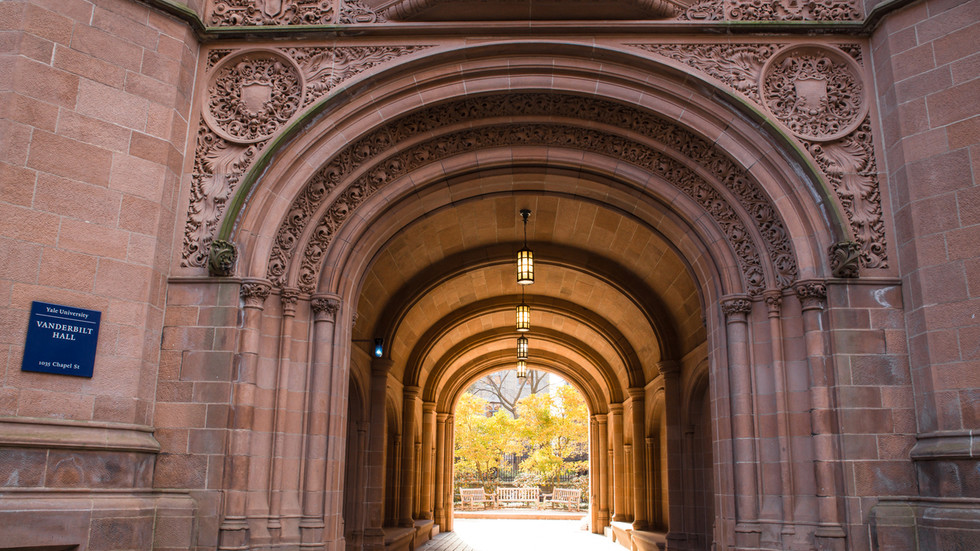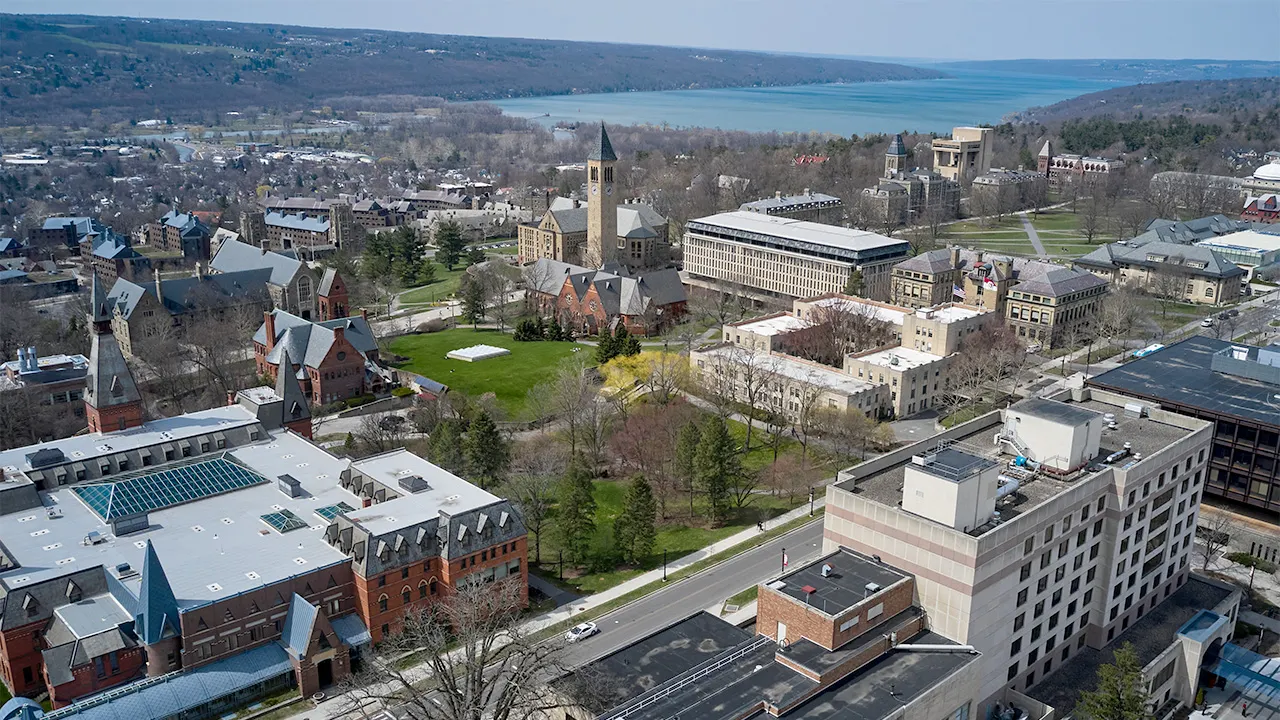New York School Grants Approval for Student-Led Bible Club After Initial Denial
In a significant turn of events, a New York school district has reversed its decision and granted approval for students to form a Bible club on campus. Initially, the school had denied the request, citing concerns over the separation of church and state. This change has ignited a broader debate on religious freedoms, students’ rights, and the role of religion in public schools. The reversal has captured national attention, offering an important opportunity to examine the interplay between religious expression and educational policies in public schools across the United States.
The Reversal: What Happened?
The controversy began when students from a New York high school submitted a petition to create a Bible club. Initially, the school administration rejected their request, arguing that allowing such a group could violate the constitutional principle of the separation of church and state. However, after legal intervention and growing public support for the students’ right to organize, the school board reassessed the decision, ultimately granting permission for the Bible club to be formed.
The decision to allow the Bible club signals a shift in the district’s approach to religious expression in public education. Critics of the initial rejection argued that the school was infringing on students’ First Amendment rights, which guarantee freedom of religion and speech. Supporters of the reversal view this outcome as a victory for religious freedom, illustrating how public institutions can navigate the complex boundaries between secularism and personal belief.
Legal and Constitutional Context
The legal foundations for this decision are rooted in the First Amendment of the United States Constitution, which provides both freedom of religion and the prohibition of government establishment of religion. Historically, public schools have struggled to balance these provisions, often finding themselves at the center of debates over religious expression. The key case in this area is Good News Club v. Milford Central School (2001), in which the U.S. Supreme Court ruled that public schools must permit religious groups to meet on school grounds if they allow other student groups to do so. This decision reaffirmed that students have the right to engage in religious activities on public school campuses, as long as those activities are voluntary and do not disrupt the educational environment.
In the case of the Bible club, the district’s reversal reflects the Court’s ruling, emphasizing the importance of allowing students to freely express their religious beliefs in a manner that is consistent with the rights guaranteed under the Constitution. The key factor here is that the club is student-led and voluntary, ensuring that it does not impose religious practices on other students.
Broader Implications: Religious Freedom in Public Schools
The reversal of the decision has sparked conversations about the broader implications of religious freedom in public schools. While the First Amendment ensures freedom of religion, public institutions like schools are often caught between upholding constitutional rights and maintaining a secular environment that serves students of all religious backgrounds. This tension raises several important questions:
- How should schools balance the right to religious expression with the need for neutrality in a public setting?
- What role does student-led advocacy play in ensuring that their rights are respected?
- What are the potential consequences of granting religious groups access to public school spaces?
One of the central issues is the potential for religious clubs to be perceived as promoting a specific belief system to the broader student body. However, the Court’s decision in Good News Club emphasized that the voluntary nature of student-led clubs mitigates this concern. Schools must provide equal access to facilities for all student groups, religious or otherwise, without endorsing or disfavoring particular ideologies.
Potential Benefits of Student-Led Religious Clubs
Allowing student-led Bible clubs can provide several benefits. For students, it offers a safe and supportive environment to explore and express their faith, fostering a sense of community and belonging. This can be particularly important for students who may feel isolated due to their religious beliefs, as it provides them a platform for socializing and engaging with like-minded peers.
- Support for Mental and Emotional Health: Engaging in religious activities has been linked to improved mental health outcomes, including lower levels of anxiety and depression, which may be beneficial for students navigating the challenges of adolescence.
- Promoting Tolerance and Respect: By offering space for religious groups, schools can encourage broader acceptance and understanding among students from different faith backgrounds.
Concerns and Criticisms
Despite these benefits, the formation of religious clubs in public schools is not without controversy. Critics argue that such clubs may create divisions among students, particularly in diverse school communities with varying religious beliefs. They also express concerns that student-led Bible clubs could blur the line between religious practice and the school’s role in maintaining a neutral, inclusive environment for all students.
Furthermore, the presence of religious groups on school grounds may lead to questions of proselytizing, or the potential for religious advocacy that could make non-religious or non-Christian students uncomfortable. The challenge, therefore, lies in ensuring that student clubs respect the diverse beliefs and practices of all students while maintaining a safe space for religious expression.
The Role of Schools in Protecting Religious Rights
As this case highlights, schools must be diligent in protecting the rights of students while ensuring that religious expression does not interfere with the educational environment. By following the principles outlined by the Supreme Court, public schools can allow religious clubs to exist while safeguarding the rights of all students. To mitigate potential conflicts, it is essential that school administrators establish clear guidelines regarding the activities of such clubs, including rules about the voluntary nature of participation and respect for the rights of non-participating students.
Additionally, schools should provide training for educators and staff on how to handle religious expression in a way that is respectful of all students’ rights. This could involve ensuring that religious clubs are not given preferential treatment over non-religious clubs, and that any events hosted by religious groups do not disrupt the academic or social balance of the school.
Conclusion: A Delicate Balance
The approval of the student-led Bible club represents an important moment in the ongoing conversation about religious expression in public schools. While the decision may be seen as an ultimate victory for religious freedom, it also raises important questions about how schools can balance constitutional rights with the need for a secular, inclusive learning environment. As this debate continues, it is crucial that public schools remain vigilant in protecting the rights of all students, ensuring that no group feels marginalized or coerced into participating in religious activities against their will.
Ultimately, the presence of a student-led Bible club in a public school is not just a matter of legal rights—it is a reflection of the broader values of freedom, inclusion, and respect for diverse perspectives that should guide educational institutions. As more schools navigate these complex issues, the ultimate goal should be to create environments where all students feel empowered to express themselves freely, without fear of discrimination or exclusion based on their beliefs.
For more on this evolving issue, you can read the latest updates from The New York Times or explore the legal perspectives at the American Civil Liberties Union.
See more TED Talks World



